Plants or Crops
All Plants or Crops Content
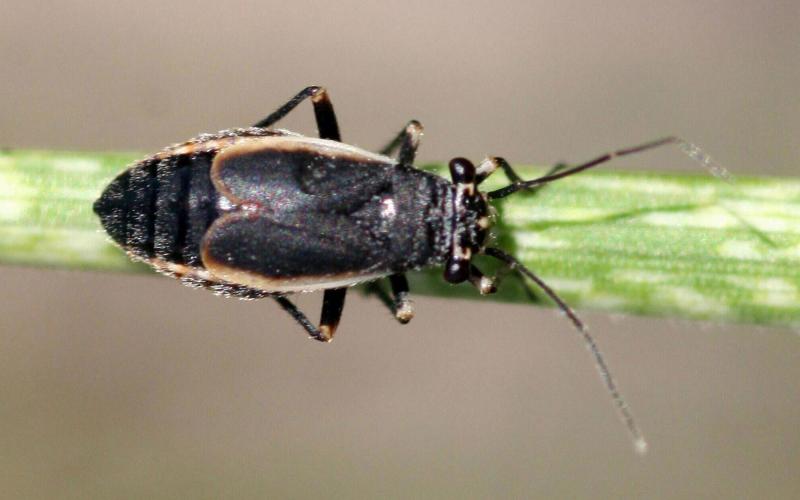
Black Grass Bug Activity Expected in Coming Weeks
Spring green-up is the time to be watching for black grass bug activity. Large populations of this early-season pest can cause severe damage to pasture (up to 90% forage reduction) and infest the edges of wheat fields.
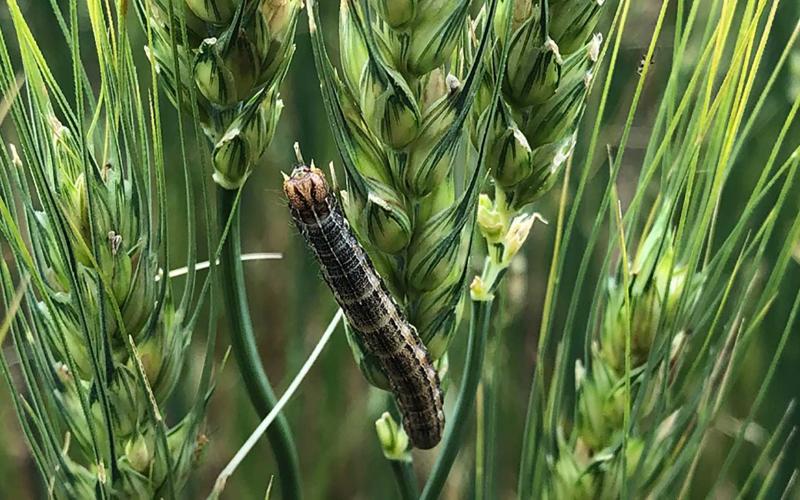
Scout for True Armyworms in Oats and Wheat
During most years, we start worrying about true armyworm activity in wheat fields in mid-July. However, the strong southerly winds that we experienced during the last two weeks pushed several insect pests north ahead of their normal schedule
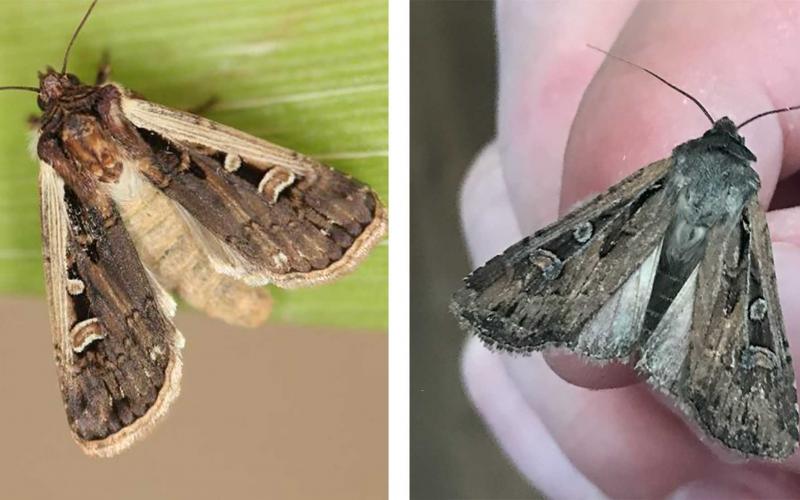
Army Cutworm Moths Among the Recently Reported Western Bean Cutworm Moths
Last week, we published an article about the presence of western bean cutworm moths being very abundant throughout Central and Western South Dakota. However, when talking with an entomologist from a neighboring state, they suggested the moths could also be army cutworm moths.
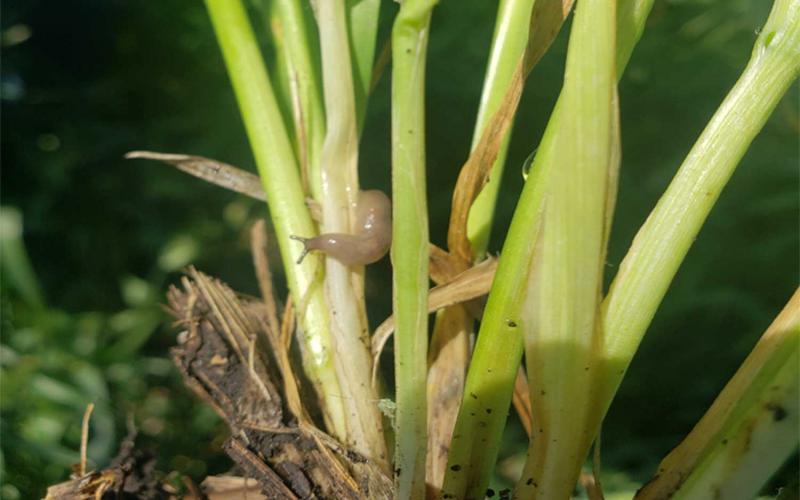
Slugs Causing Issues in Some South Dakota Wheat Fields
Slug activity in wheat fields has been reported in South Dakota. Although slugs are not normally an issue in South Dakota crops, they can pose a threat when field conditions are just right.
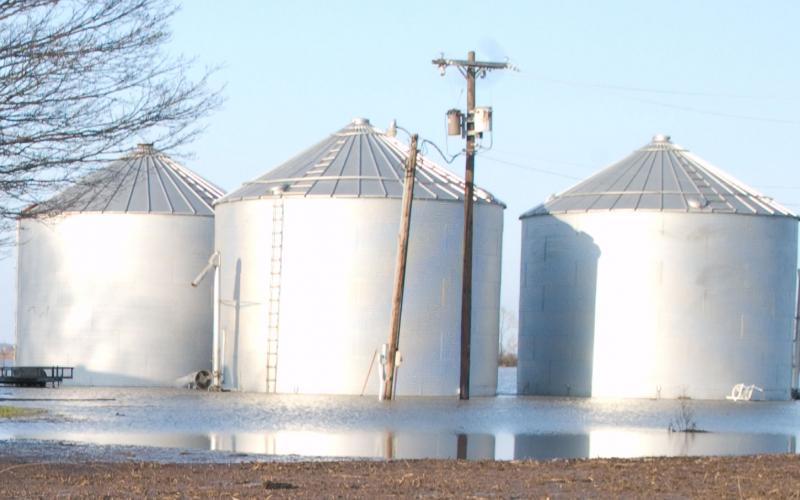
Stored Grains and Flooding
According to the Food and Drug Administration, grain inundated by watercourses is considered adulterated and must be destroyed. The portion of the grain that is not affected by the water can still be salvaged for its use.
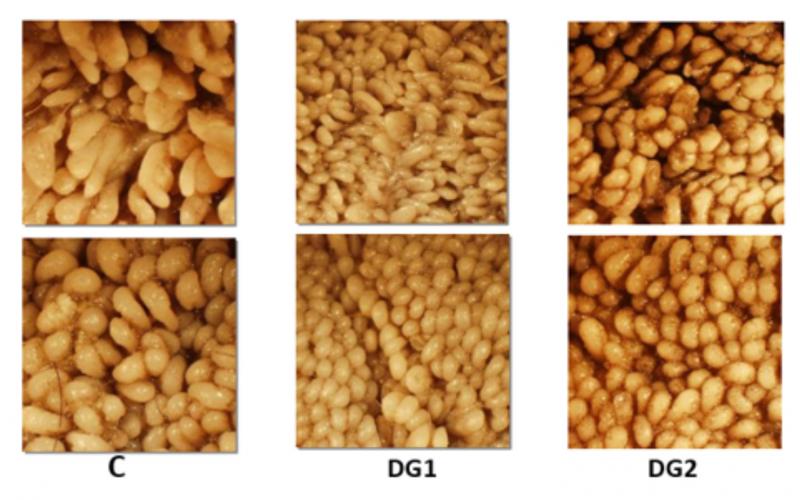
Distillers’ Grains and Rumen Papillae Growth
Distillers grains are without a doubt one of the most versatile ruminant feedstuffs. Aside from their high concentration of sought-after nutrients (i.e. protein, energy, phosphorus), their impact on the digestibility of other feeds is minimal. In fact, by not interfering with the digestion particularly of structural carbohydrates, they allow for more energy to be obtained from forages.

Leveling the Playing Field for U.S. Corn
Corn grain has been for a long time the world standard when it comes to energy feeds for livestock. It has been traditionally a quite homogeneous, energy-dense feed, only surpassed from this perspective by oils and fats or by other feedstuffs also rich in lipids.
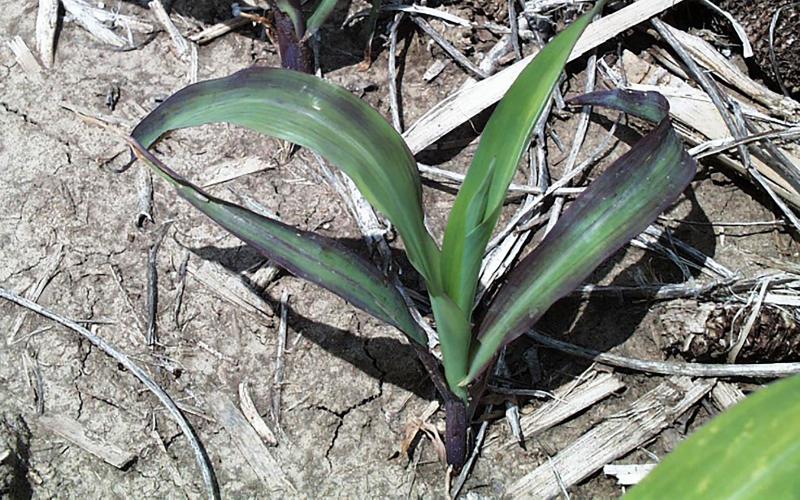
Fallow Syndrome: What is it and how do I deal with it?
Fallow syndrome received its name from the dry plains states, where fields routinely benefited from the additional moisture available after a year where the ground was fallowed. Corn sometimes had symptoms of phosphorus deficiency when grown on this previously fallowed ground, thus it received its current name, “fallow syndrome.”
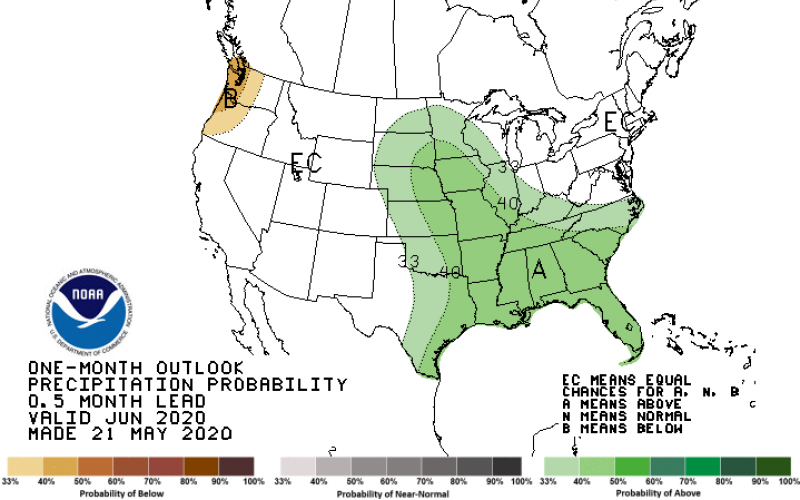
Summer 2020 Climate & Drought Outlook
August 12, 2020
With alternating cool and warm weather patterns throughout the last few months and the summer season ahead, temperature continues to be a challenge for climate forecasters in South Dakota.
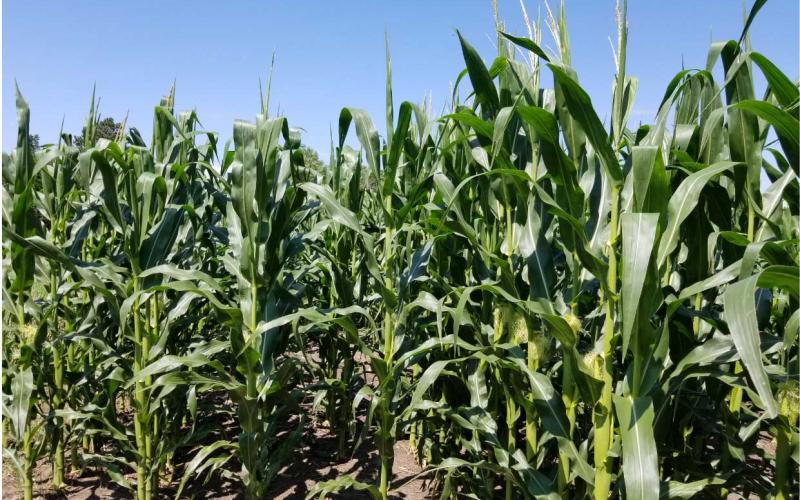
Flowering in Corn
Corn is at or near the most critical growth condition. Successful flowering and pollination are very important in determining the fate of the kernel setting and development. This article summarizes the pollination process and the effects of dry, hot conditions on pollination.